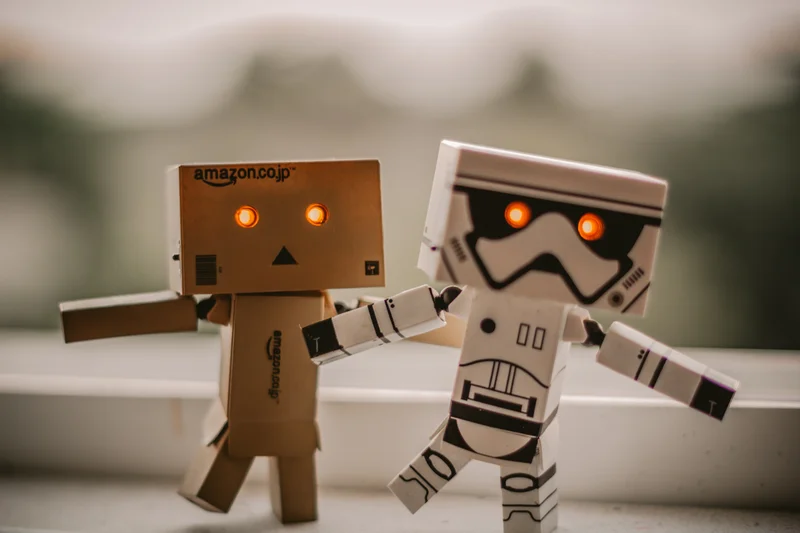BNB Signals | Binance Coin Trading Alerts & Insights
BNB Signals | Binance Coin Trading Alerts & Insights
Okay, folks, buckle up. Because what Xpeng is doing with robotaxis and humanoid robots is not just cool, it’s a potential paradigm shift. I mean, seriously, when I first saw the news, I had to grab another cup of coffee just to process it all. They’re planning to use solid-state batteries – and let me explain what those are in case you aren’t familiar, they’re basically next-generation batteries that replace the flammable liquid electrolyte in today’s lithium-ion batteries with a solid material – to power their robots. That's a game changer, and here's why.
He Xiaopeng, Xpeng's CEO, nailed it when he said humanoid robots are the "most likely product to drive the mass production and adoption of all solid-state batteries." Think about it: these robots need to be light, safe, and incredibly energy-efficient. Solid-state batteries offer all that, allowing for longer operation times and reduced risk of, well, exploding.
This isn't just about building cool robots that can serve as salespeople or tour guides (though that's pretty awesome, right?). This is about pushing the boundaries of battery technology and AI in a way that could revolutionize everything from manufacturing to elder care. Imagine factories where robots work tirelessly and safely alongside humans, or personalized companions that can assist the elderly with daily tasks, all powered by these advanced batteries.
Xpeng's not alone in this race, of course. Battery giants like Toyota and CATL are also aiming to deliver solid-state batteries by 2027. But Xpeng's focus on robotics gives them a unique edge. They are creating a demand for these batteries that goes beyond just electric vehicles, and that’s crucial for driving innovation and lowering costs. This is like the early days of the internet, when niche applications paved the way for mass adoption.
But, here’s the thing that really excites me: Xpeng isn’t just buying off-the-shelf components. They're developing their own AI chips to power these robots. That means they're controlling the entire stack, from the battery to the brain, which allows for unparalleled optimization and integration. We’re talking about robots that can learn, adapt, and interact with the world in ways we can only begin to imagine. The speed of this is just staggering—it means the gap between today and tomorrow is closing faster than we can even comprehend. According to Chinese EV maker Xpeng to launch robotaxis, humanoid robots with self-developed AI chips, this strategy is core to their long-term vision.

Now, I know what some of you might be thinking. "Robots taking our jobs? That’s a scary thought!" And, sure, there are ethical considerations we need to address. We need to ensure that this technology is used for good and that it benefits everyone, not just a select few. But I truly believe that the potential benefits of this technology far outweigh the risks.
Consider the comments I saw on a Reddit thread discussing this: "Finally, robots that can actually help us instead of just taking our jobs! Imagine the possibilities in healthcare and disaster relief!" That's the kind of optimism that fuels progress. That’s the spark that ignites innovation.
One concern I did see raised was from HSBC analysts who noted that solid-state batteries are “only moderately ahead of liquid-state batteries” and their equipment cost is significantly higher. But I think they are missing the point. This isn’t just about incremental improvements. It's about creating a whole new paradigm for energy storage and robotics. It's about unlocking possibilities that were previously out of reach. As the Chinese EV maker plans to use solid-state batteries in humanoid robots article points out, the long-term cost benefits are potentially enormous.
I'm not saying we're going to have Rosie the Robot zipping around our homes by next year, but I do believe that Xpeng's vision is a glimpse into the future. A future where robots are not just tools, but partners. A future where technology enhances our lives in ways we can't even fathom today. And solid-state batteries, combined with AI, are the key to unlocking that future. When I first saw the demo, I honestly just sat back in my chair, speechless.